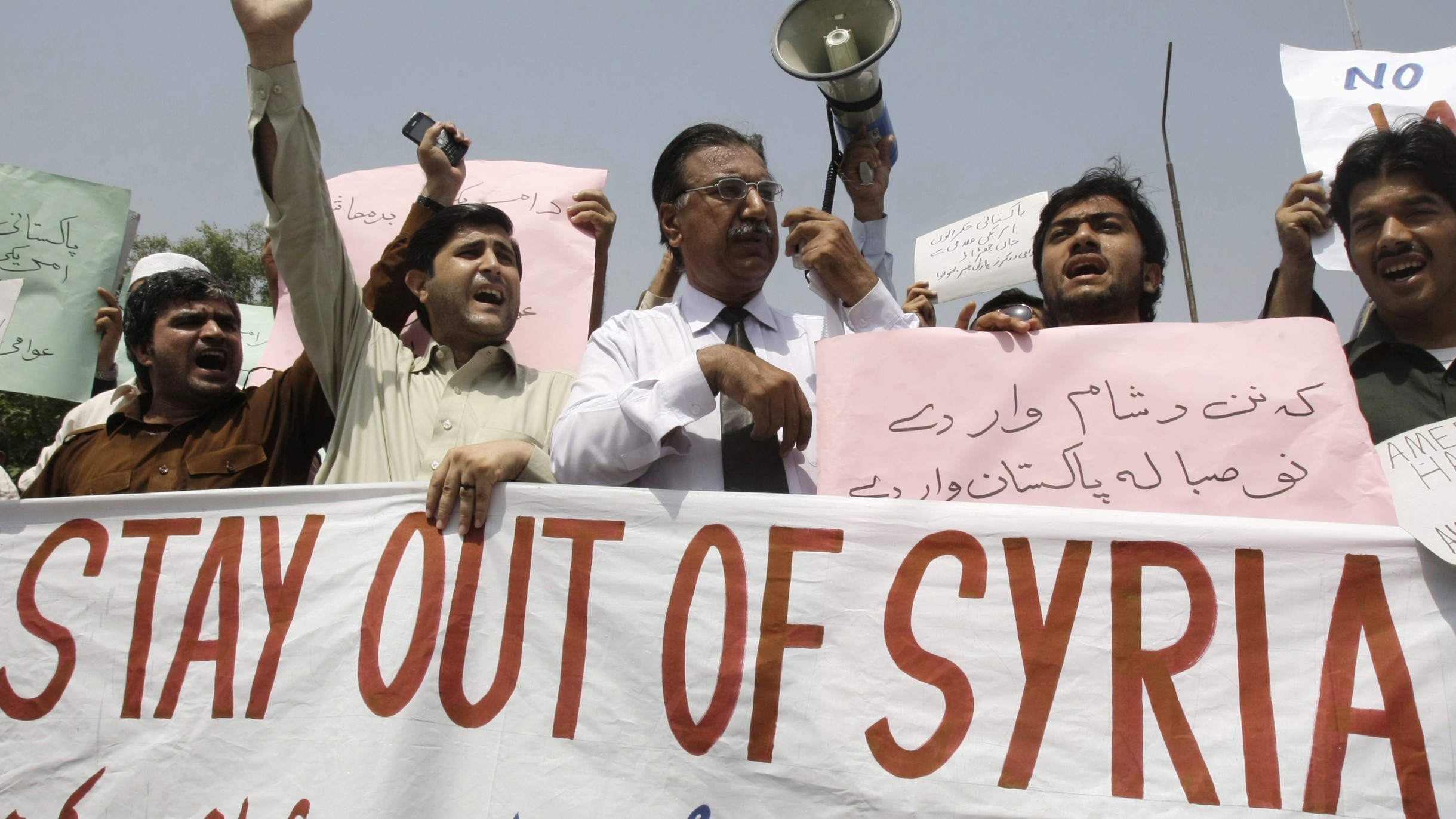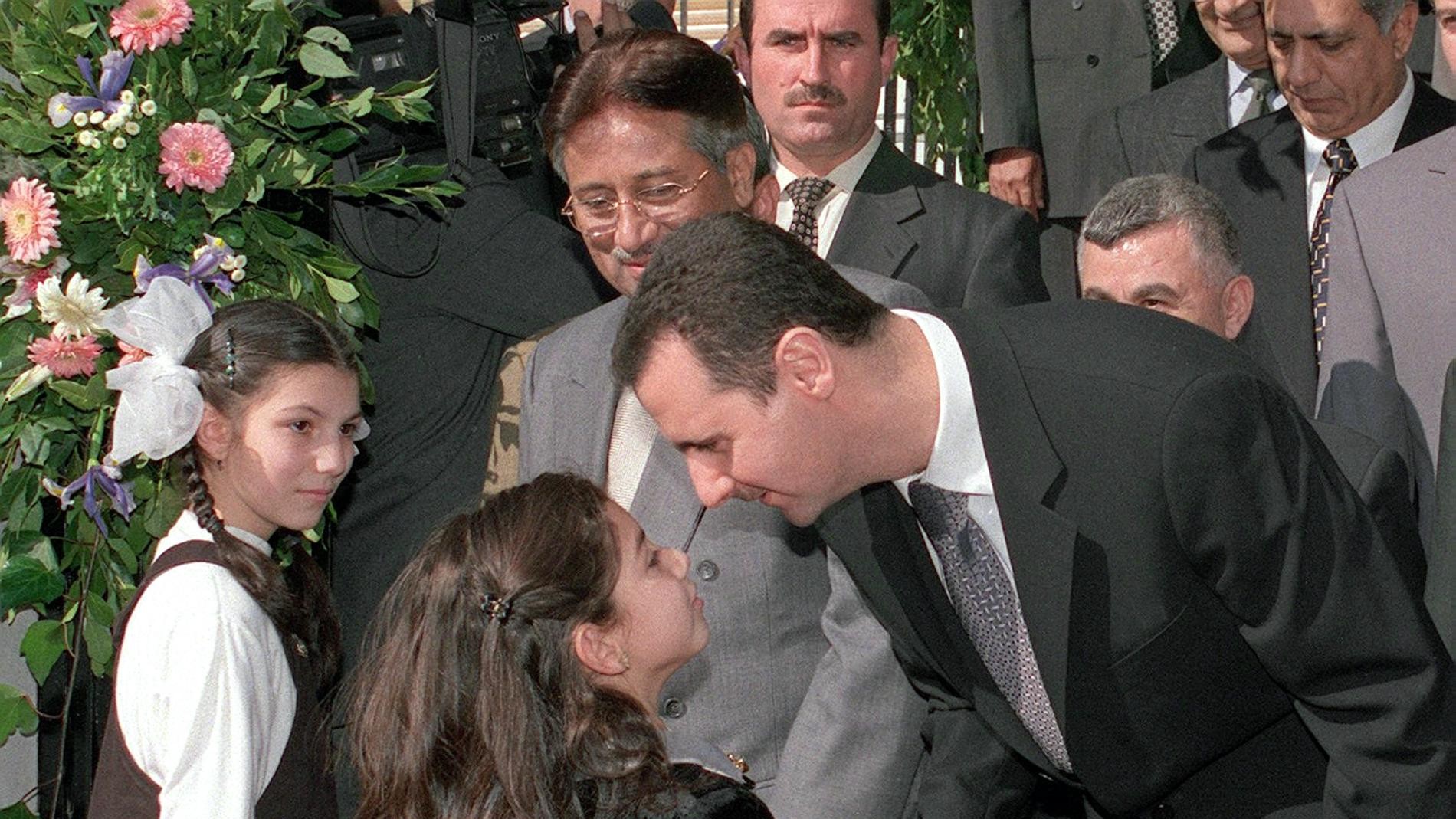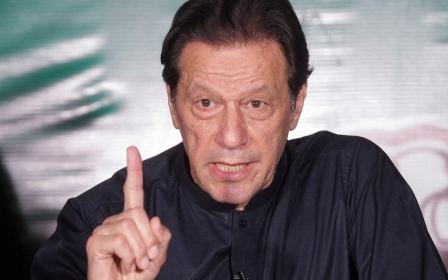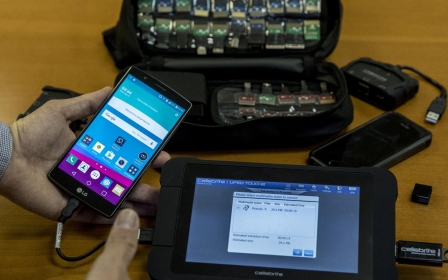The quiet rise of Pakistani influence in Syria
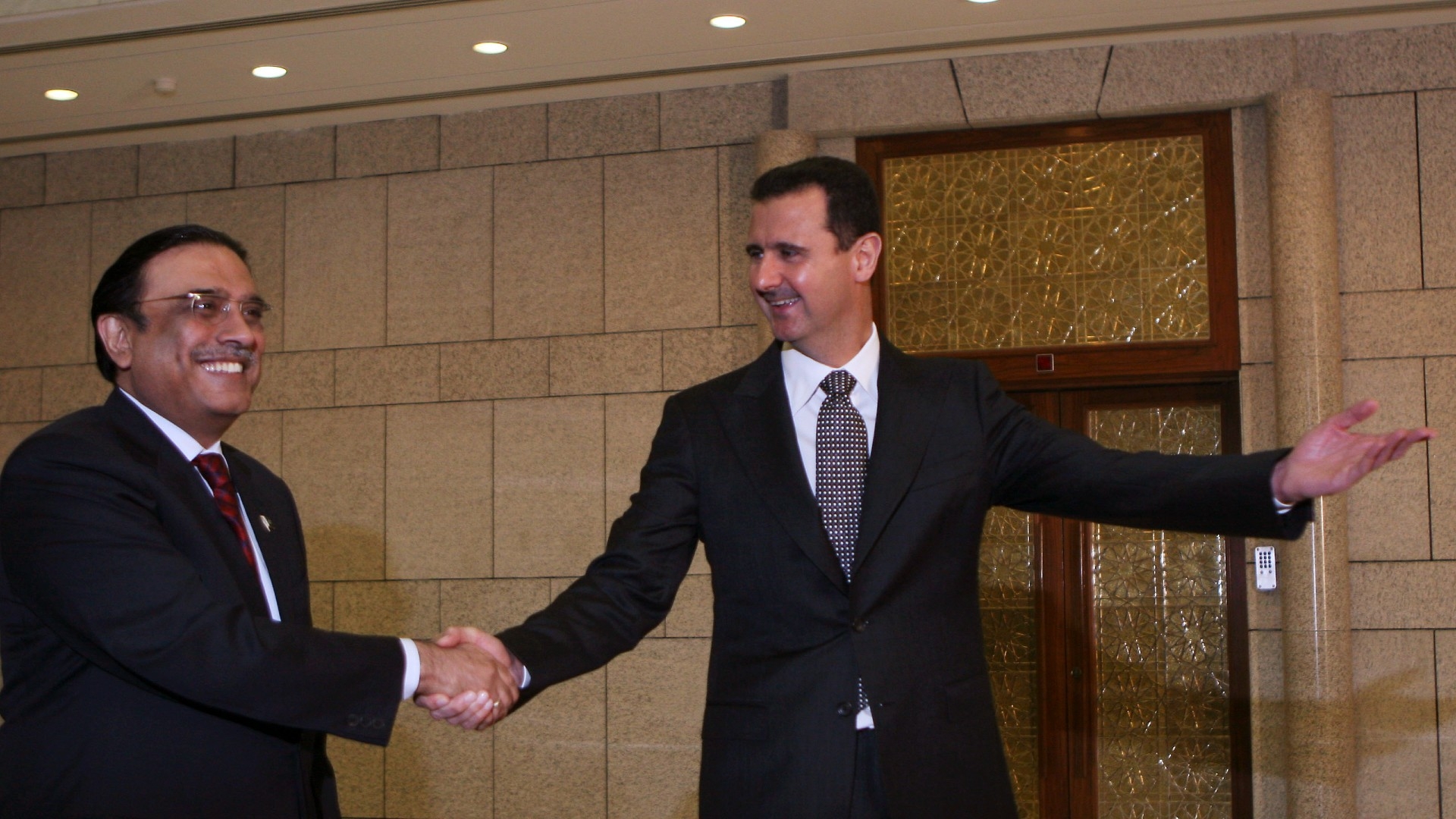
The end of a routine diplomatic posting to Syria is often a dreary affair with the official term passing without incident or drama.
Yet, in the case of Ambassador Saeed Muhammad Khan, Pakistan’s energetic envoy in Damascus for two years, he bowed out with unusual fanfare that gave a glimpse of his country’s growing role and importance in Syria - one that has largely flown under the radar.
In a rare farewell ceremony at the Dama Rose Hotel last August, Khan was presented with the Syrian Order of Merit of the Excellent Class by then-deputy foreign minister, Bashar al-Jaafari. The honour was the highest awarded to a non-Syrian national.
Today, Syria is making diplomatic inroads across the Middle East, resuming relations with its neighbours after a decade of ongoing conflict that cost half a million lives and made Damascus a pariah.
Yet for Pakistan, Syria has long been an important gateway into the Arab world - a dynamic that did not change following the outbreak of war in 2011.
Stay informed with MEE's newsletters
Sign up to get the latest alerts, insights and analysis, starting with Turkey Unpacked
Islamabad has utilised neglected sectors in Syria’s fractured infrastructure - such as education and commerce - to foster strong relations while eyeing reconstruction contracts and trade agreements, seeing an opening in the country’s international isolation.
Khan told Middle East Eye that ties between the two have vastly improved in recent years, and were particularly boosted, he said, through cooperation over education.
In December 2015, at the height of Syria’s isolation internationally, Pakistan refused to support efforts and calls to remove the Assad government and continued its work in the Pakistan International School of Damascus, which today is the leading school in the country.
“We try to assist the Syrians when we can and the relationship has flourished as a result,” Khan told MEE.
“Pakistan played a major role in facilitating the transfer of Covid-19 equipment and in the fallout from the outbreak of forest fires near the coastal regions in 2020. This continued until the earthquake which shattered northern Syria in 2023. Pakistan has always been there.”
Khan noted that since 1967 the Syrian-Pakistani relationship has mostly had a military nature.
'We try to assist the Syrians when we can and the relationship has flourished as a result'
- Saeed Muhammad Khan, former Pakistani envoy to Syria
“Syria was very close to us during the 1967 and 1973 wars. Pakistani pilots opted to fight on behalf of Syria and scored kills on Israeli jets flying Syrian planes,” he said.
“We didn’t bow to outside pressures and tried to improve ties in several different sectors and fields. We made effective progress in the last few years, especially on the personal level, creating strong links with individual ministries,” Khan added.
Following the outbreak of the Syrian war, Pakistan essentially gambled that if President Bashar al-Assad’s government prevailed then Islamabad’s soft-power approach would pay dividends.
With Syria’s traditional backers paying little attention to education, Pakistan has used this sector particularly to increase its influence without ruffling any feathers.
“The viewpoint was very much that, as we were not against Damascus, then it’s natural that there are sectors we can really look towards helping the Syrians in, especially at a time where no one was willing to lend a hand, and in the future, the Syrians would remember that,” Khan said.
Expanding relations in uncertain times
Russia and Iran have been the most prominent countries operating in Syria since the war, backing Damascus militarily and economically. China, too, has had a growing role, but has taken more of a back seat and has not intervened militarily.
Pakistan, meanwhile, has played no real official role in the conflict, although groups such as Liwa Zainebiyoun, a majority-Pakistani Shia brigade of foreign fighters who have fought alongside the Syrian government as a paramilitary force, have muddied the waters somewhat.
The Pakistani government, and especially its ISI intelligence service, have actually sought information and a tacit agreement with Damascus to restrain these fighters and even end their presence in Syria - a key aim of Islamabad behind the scenes.
Compared to Syria’s other allies, Islamabad’s strategy over the past decade has been more opaque. Pakistan has played a patient game that is now seeing years of quiet presence in Syria translate into contracts and agreements.
In November 2021, Islamabad and Damascus signed a memorandum of understanding on the formation of a working group for commercial and economic affairs.
The five-year agreement was particularly aimed at implementing investment projects and commercial deals, organising exhibitions and forums, and exploring opportunities and fields of cooperation.
Notably, the volume of trade exchange between the two countries doubled during the first nine months of 2021 compared to the same period in 2020.
Pakistan was quick to act on opportunities created by natural disaster and gifted school desks, chairs, clothing, food and stationery to Latakia governorate after forest fires displaced thousands. Khan oversaw this campaign personally.
From defence to education
Kamal Alam, a nonresident senior fellow at the Atlantic Council from Pakistan, has previously lived in Syria, where his grandfather and uncles in the Pakistani air force were posted in the 60s and 70s.
He told MEE: “The Pakistan-Syria relationship is one of the strongest military relationships that have existed since both countries’ independence. The Pakistani air force fought and trained on behalf of Syria in all the major wars that took place against Israel.
“Both countries have sent their top officers to each other's schools. Two of Pakistan’s heads of military intelligence, Lt Gen Zaki Manj and Lt Gen Sarfraz Ali, are graduates of the Syrian Army College,” he added.
“On the education front, the Pakistan International School has the elite of Syria’s political and military class studying in Damascus. During the war, it has provided regular medical and humanitarian provisions.”
The Pakistan International School of Damascus plays a key role in the upper echelons of Syrian society. It’s a safe, westernised and respected institution that well-to-do Syrians can send their children to when the vast majority of Syria’s education system lies in tatters.
It’s also served as a way to unlock Syria’s education sector, where Pakistan is now unrivalled.
In July 2021, Syrian Education Minister Darem Tabbaa signed a protocol that allowed Syrian students at the Pakistan International School in Damascus to receive qualifications from the University of Cambridge.
Syrian Foreign Minister Faisal Mekdad personally oversaw the signing of the protocol in an event jointly organised with the Pakistani embassy, where he said: “We are also working to deepen bilateral relations between the two countries through other steps in the scientific and cultural fields.”
Since then, a joint agreement to “exchange information and expertise in the specified areas of cooperation” was reached, agreeing on reciprocal visits of performers, artists, writers and teachers for participation in conferences, symposia and seminars.
'The Pakistan-Syria relationship is one of the strongest military relationships that have existed since both countries’ independence'
- Kamal Alam, analyst
Subsequently diplomatic activity has ramped up, with regular ministerial activities and delegations between the countries. While much of that has been centred on education, defence and economic ties have been developed too, with Pakistan assisting Syria’s sugar, cement, fertiliser and paper production facilities.
Lieutenant General Faiz Hameed, then head of the ISI, visited Syria in February 2018 and met with top officials to discuss increasing cooperation. Training Syrian officers and restricting the return of Pakistani fighters in Syria topped the agenda.
Covid, too, offered an opportunity to grow ties: Pakistan was the second country after China to send medical equipment to Syria after the outbreak of the pandemic - a batch of 250,000 masks, and thousands of items of protective gear were promptly sent.
And in October 2021, Syrian and Pakistani commercial airlines began to operate flights between the countries.
With the United States giving Pakistan some $200m in aid in 2022 and keeping Syria under heavy sanctions, Pakistan’s growing ties with Damascus has the potential to cause issues in Washington.
Yet the response from the US has so far been muted. Little pressure has been exerted on Islamabad, even with regards to potential sanctions violations. As the United States’ Gulf Arab allies continue to mend ties with Assad, Washington’s approach to Syria appears to be becoming more complicated.
Russia and Iran will keep drawing headlines in Syria. And while those countries will seek to continue to cement their presence, more quietly Pakistan, too, is only getting started.
Middle East Eye delivers independent and unrivalled coverage and analysis of the Middle East, North Africa and beyond. To learn more about republishing this content and the associated fees, please fill out this form. More about MEE can be found here.


